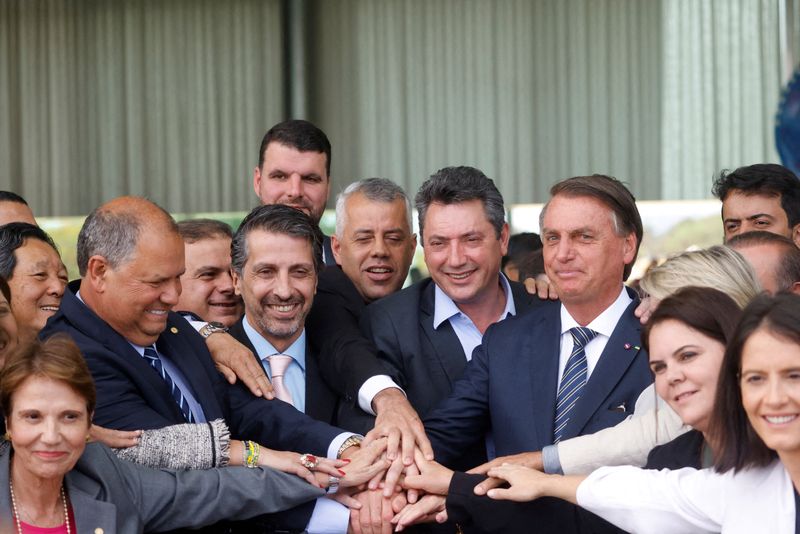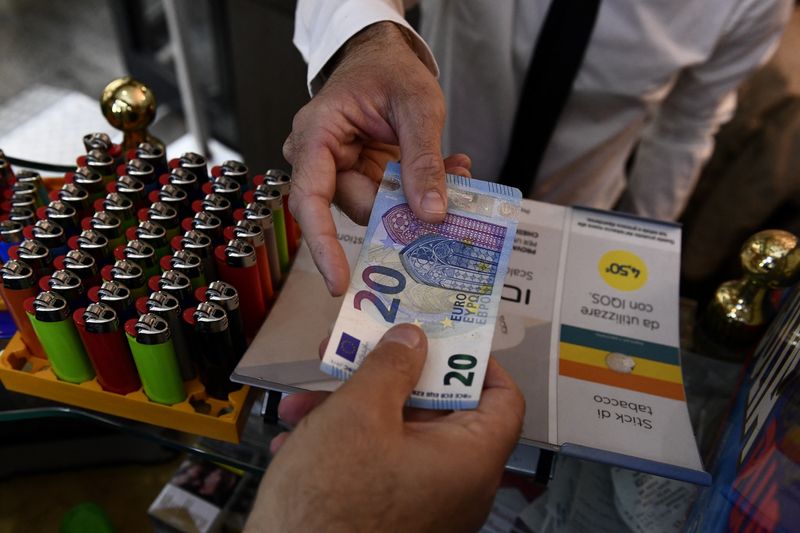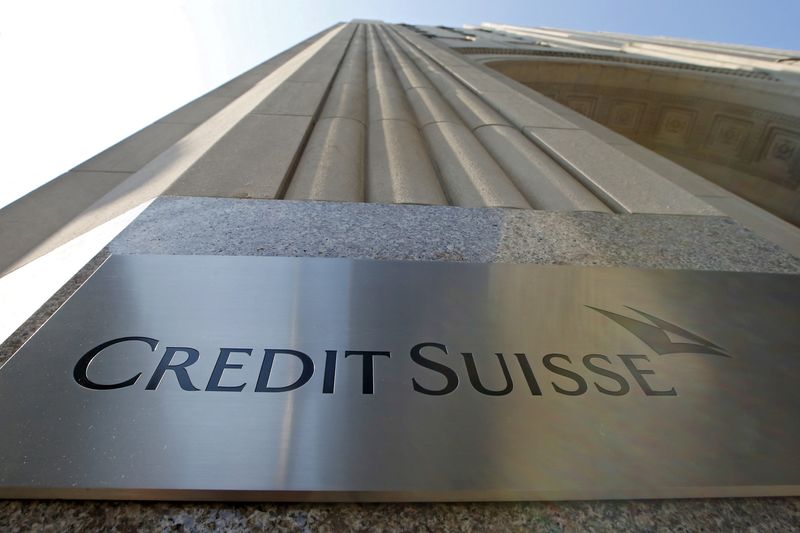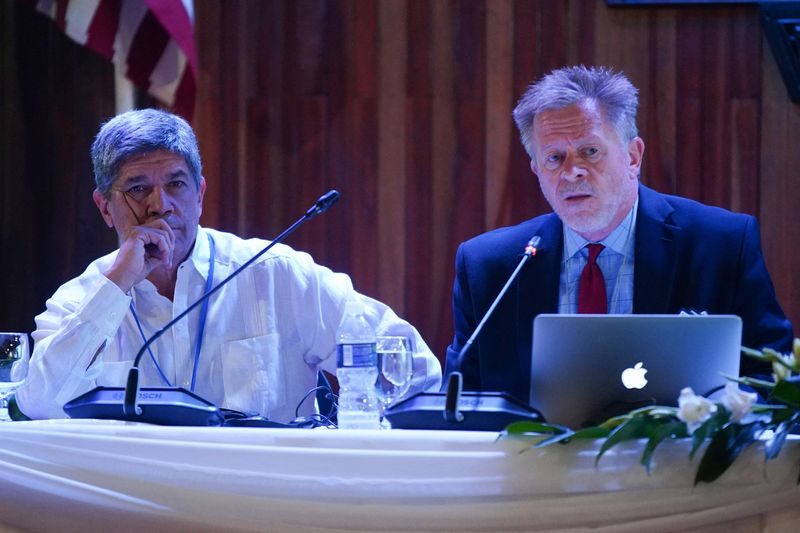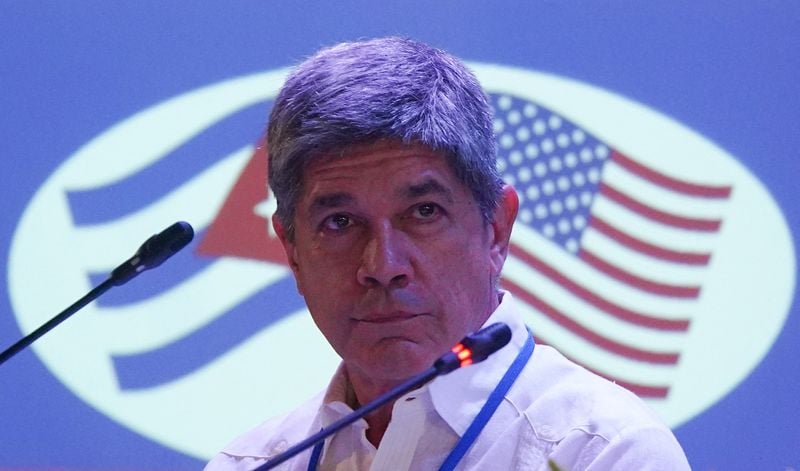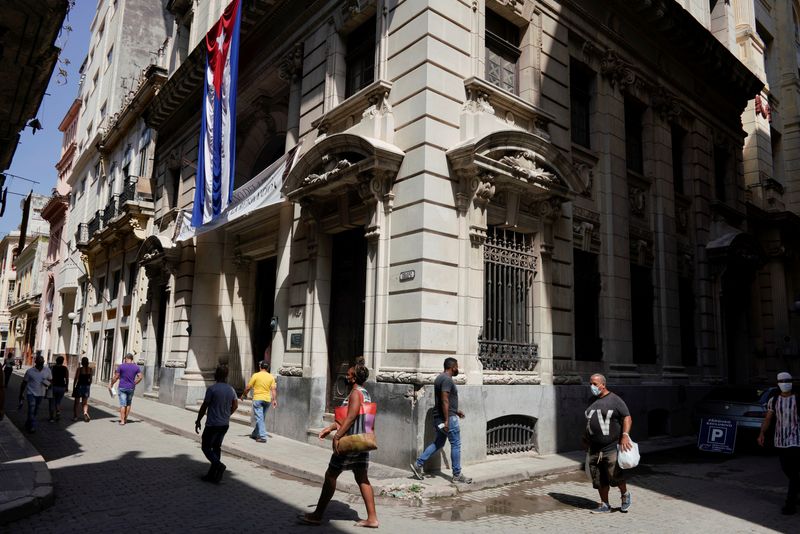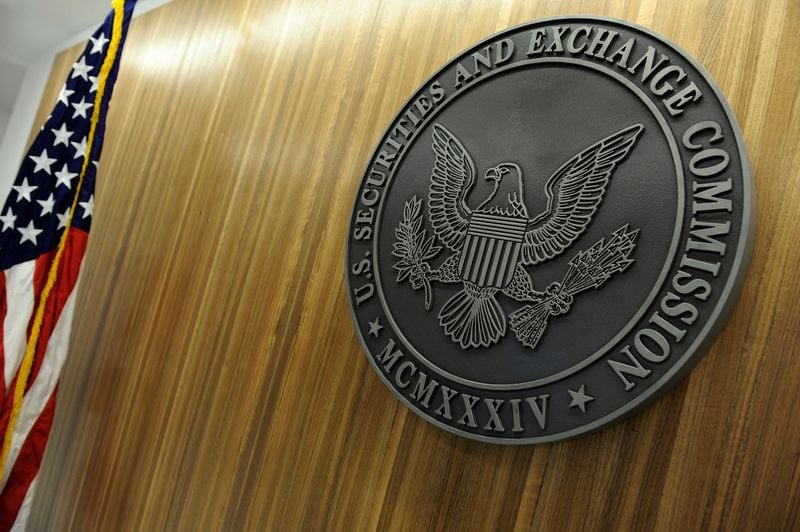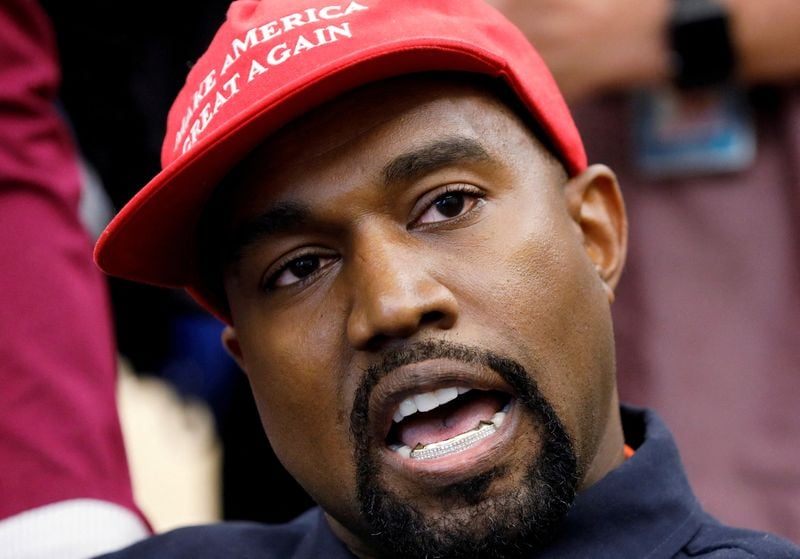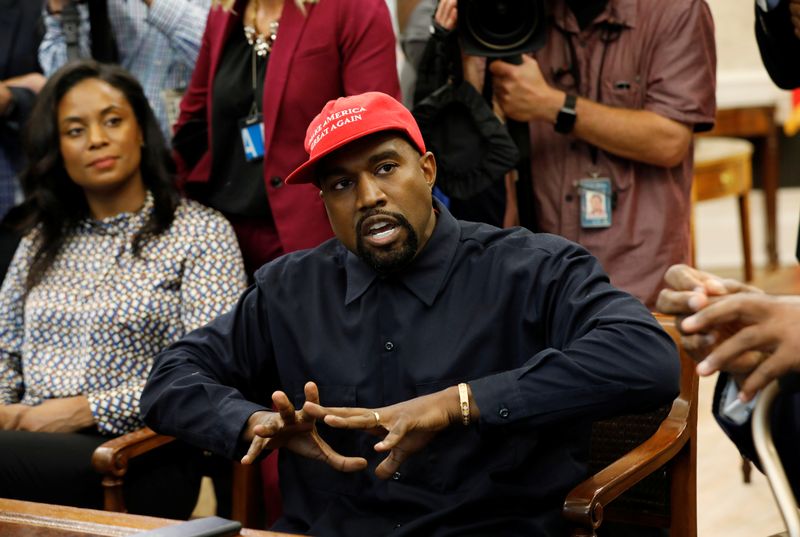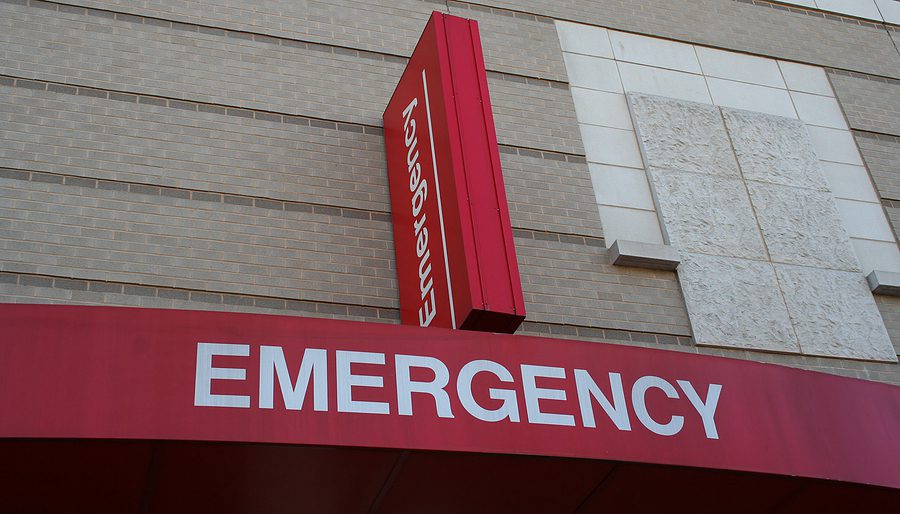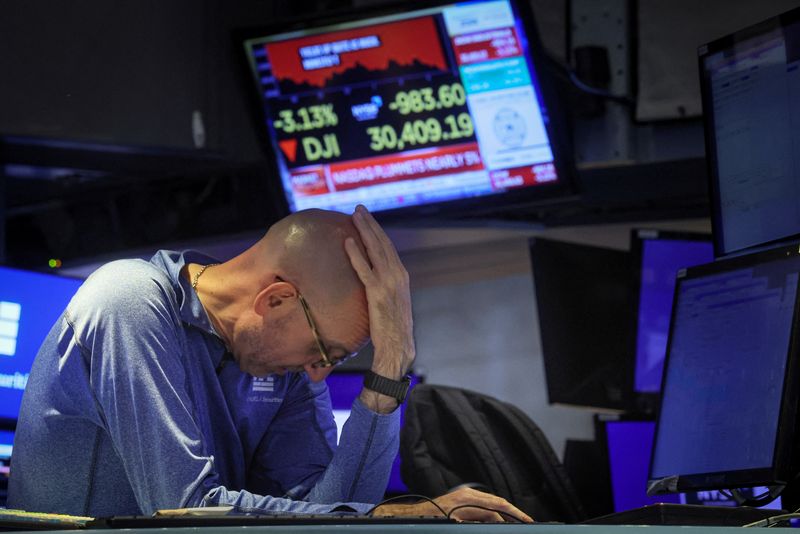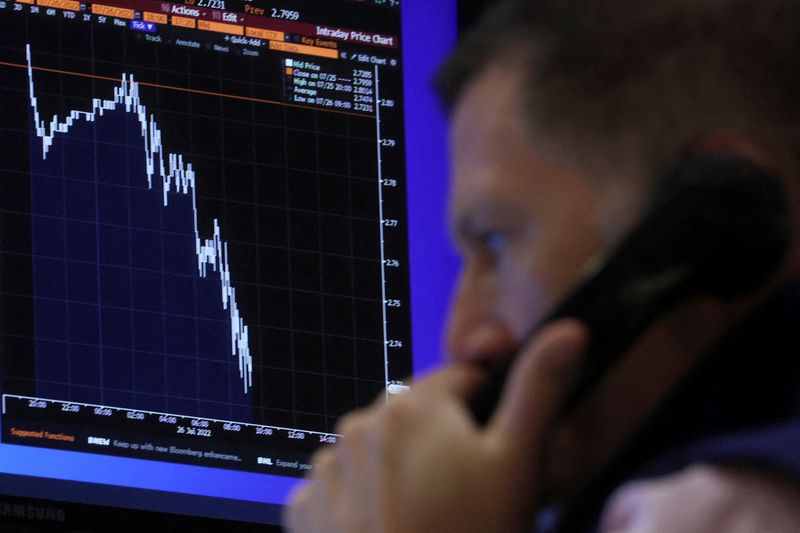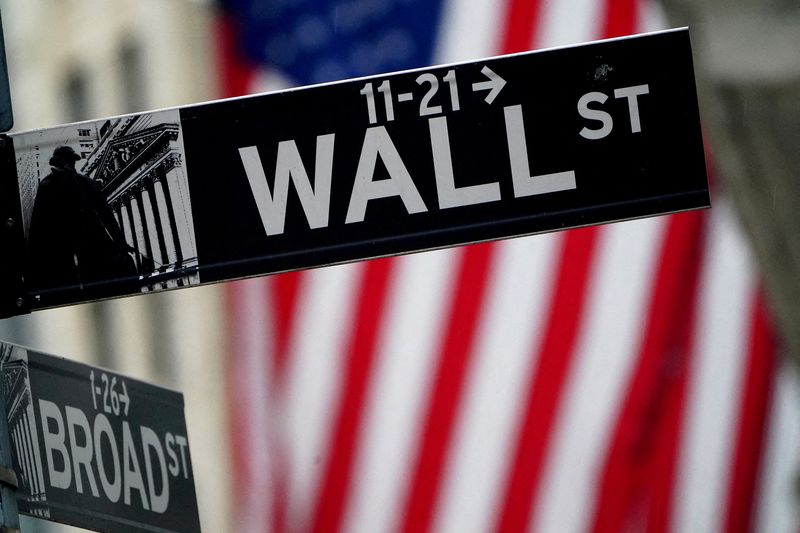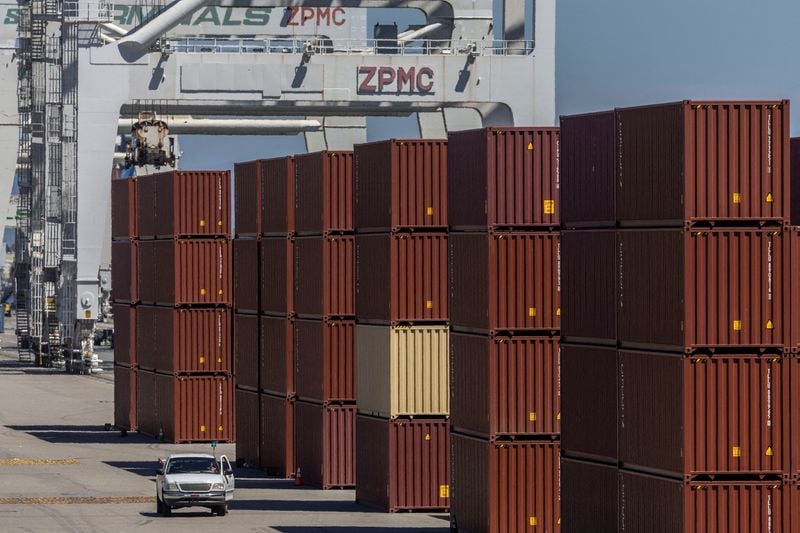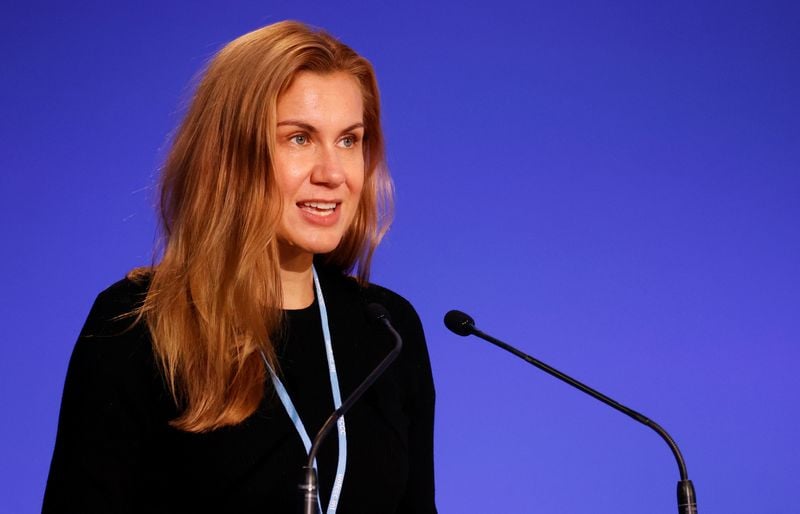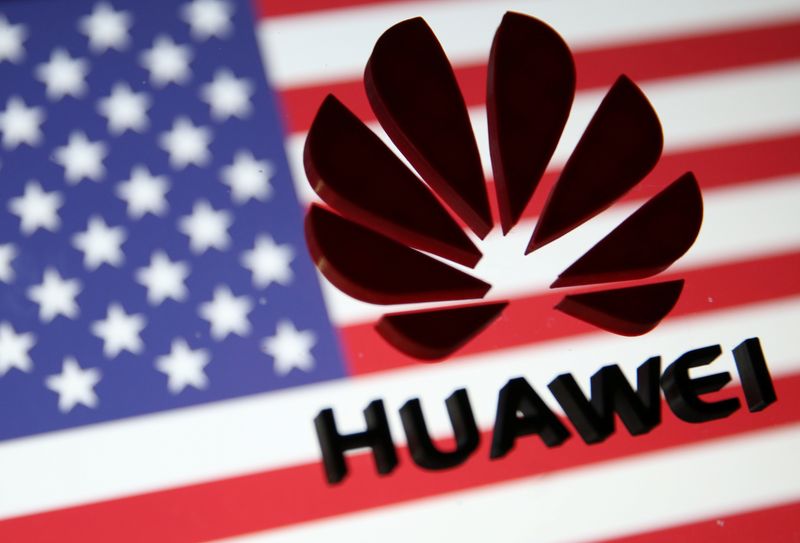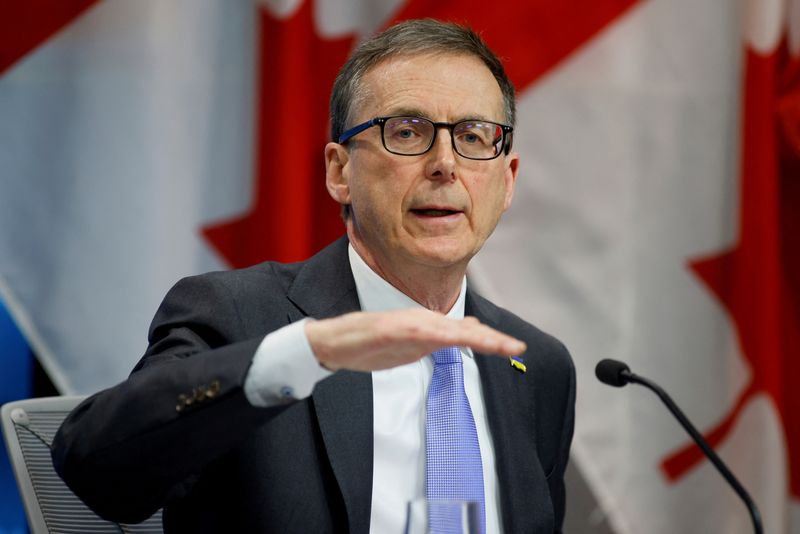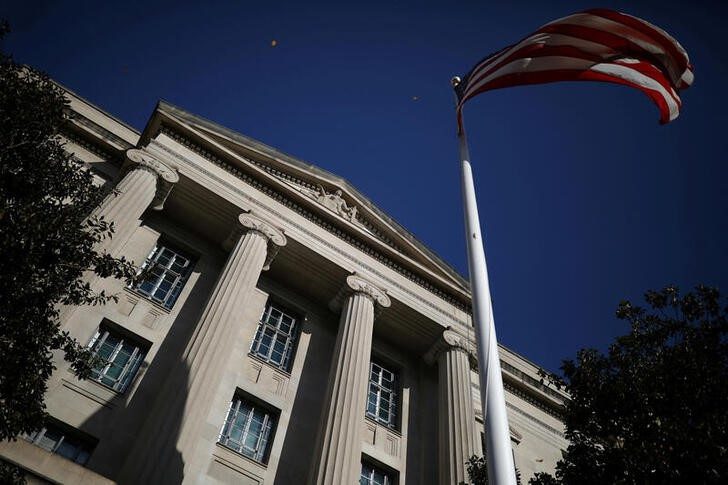By Anna Mehler Paperny
TORONTO (Reuters) – Immigrants’ share of Canada’s population has hit its highest point in the country’s 150-year history and the biggest share among G7 countries, new data released by Statistics Canada showed on Wednesday.
Twenty-three percent of Canadians were immigrants in 2021, according to the census, and Statistics Canada projects that between 29% and 34% of the population will be immigrants by 2041.
Canada’s government aims to bring in more than 430,000 new permanent residents this year, an increase of about 7.4% from its record-setting 401,000 in 2021. Its immigration minister is expected to lay out the government’s plans for future years’ immigration levels next week.
India, the Philippines and China were the top three countries respectively for recent immigrants to Canada, according to the census.
Newcomers have become the primary driver of Canada’s population growth and the country’s economic engine in the context of an aging population.
From 2016 to 2021, immigrants accounted for four-fifths of Canada’s labour market growth, Statistics Canada said. But they still reported higher unemployment rates that non-immigrants and were more likely to be low-income.
Data released Wednesday also highlight Canada’s shift toward temporary residents to meet labour market needs. A higher percentage of people who became permanent residents between 2016 and 2021 lived in Canada on temporary work or study permits prior to obtaining permanent residency than at any point since at least 1980.
About 31% of immigrants who obtained permanent residency between 2016 and 2021 having either a work or study permit or both, up from 13.1% between 2001 and 2010, according to the census data.
And while most new immigrants to Canada are still settling in the country’s urban centres, their share is shrinking: 53.4% of immigrants who arrived between 2016 and 2021 settled in either Toronto, Montreal and Vancouver, compared with 54.9% of those who arrived between 2011 and 2015 and 62.8% of those who arrived between 2001 and 2010.
The Atlantic city of Halifax, meanwhile, more than doubled its share – from 0.6% of immigrants who became permanent residents between 2011 and 2015 to 1.3% of immigrants who got permanent residency between 2016 and 2021. Fredericton, New Brunswick doubled its share from 0.1% to 0.2%.
(Reporting by Anna Mehler Paperny; Editing by Alistair Bell)

